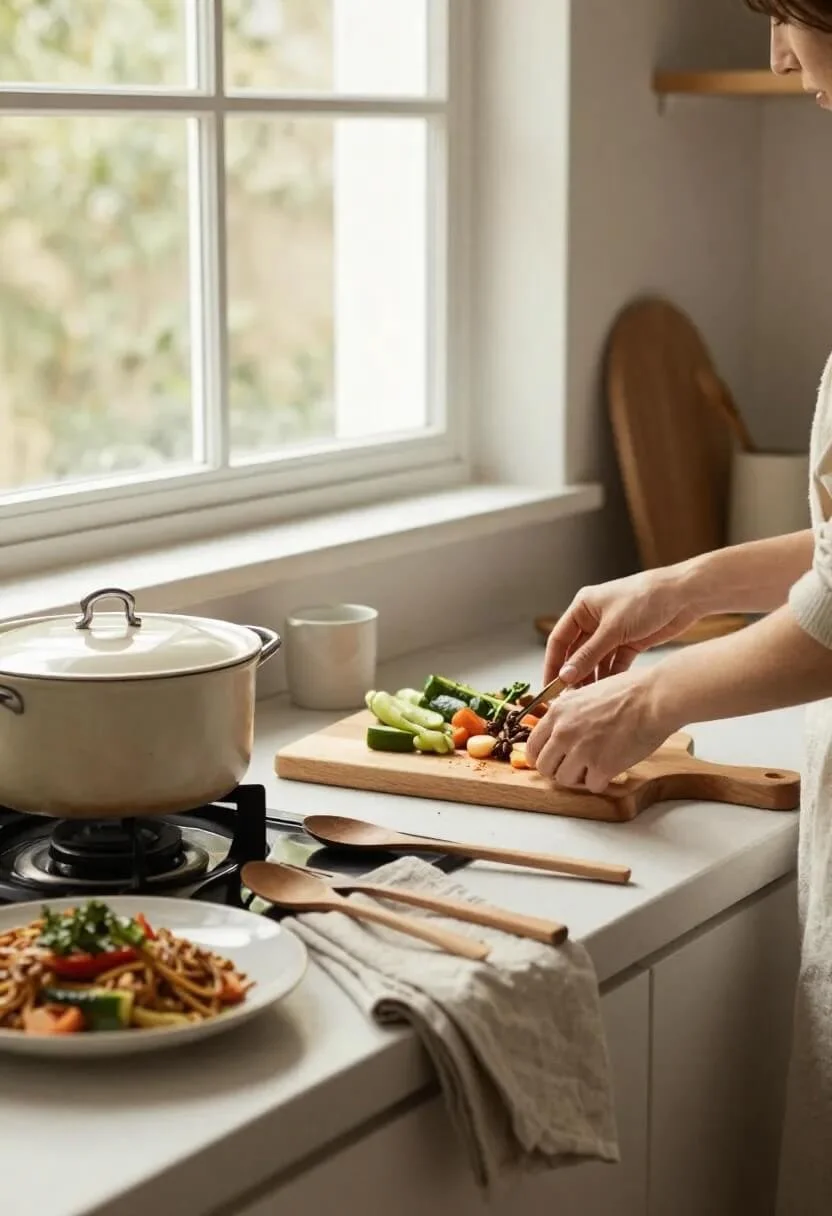Enhanced Elderly Living Through Professional Care And Support
Aging is a natural part of life, but it often brings new challenges that can affect a senior’s independence, safety, and emotional well-being. As older adults face these changes, many families seek compassionate and professional support to help their loved ones maintain a high quality of life.
Professional caregivers play a vital role in this journey. They provide essential assistance with daily tasks, medical needs, and emotional support—helping seniors remain active, connected, and confident in their own homes. With the right care, aging can be a graceful, fulfilling experience rather than a struggle.
In this article, we’ll explore how professional care and support services can significantly enhance the lives of elderly individuals, offering both practical help and meaningful companionship.
No. 1
Help With Daily Tasks
As people grow older, everyday chores that once seemed simple can become physically demanding or even risky. Tasks such as cooking, cleaning, bathing, and dressing may require more energy or mobility than seniors can safely manage on their own.
Professional caregivers offer daily living assistance for seniors, ensuring that these essential activities are completed with dignity and care. This support allows older adults to maintain personal hygiene, enjoy nutritious meals, and live in a clean, organized space—without feeling overwhelmed or dependent.
Receiving help with daily tasks also frees up time and energy for seniors to focus on hobbies, socializing, or simply relaxing. For families, knowing that their loved one is well cared for brings peace of mind and reduces the stress of managing everything alone.
No. 2
Support for Health Needs
With age often comes a greater need for medical attention and health monitoring. Managing medications, attending doctor appointments, and monitoring chronic conditions can become complex and difficult to handle without assistance.
Professional caregivers are trained to support these needs by:
Ensuring medications are taken on time and in the correct dosage
Monitoring vital signs like blood pressure and blood sugar
Assisting with mobility and physical therapy exercises
Accompanying seniors to medical appointments
They are also attentive to early warning signs of health issues and can quickly alert family members or healthcare providers. This proactive approach helps prevent complications and promotes better long-term health outcomes.
By receiving consistent support for their health needs, seniors can remain as independent as possible while enjoying improved well-being and longevity.
No. 3
Improve Safety at Home
Home safety is a major concern for aging adults, especially those with limited mobility or vision. Falls are one of the leading causes of injury among seniors, but many of these incidents can be prevented with the right precautions.
Caregivers help create a safer living environment by:
Keeping walkways clear of clutter
Installing grab bars in bathrooms and stairways
Ensuring proper lighting throughout the home
Identifying and removing tripping hazards
In addition to preventing accidents, caregivers are present to provide immediate assistance in case of emergencies. Their presence offers reassurance to both seniors and their families, knowing that help is always close at hand.
With enhanced safety measures in place, older adults can continue living comfortably in their own homes with greater confidence and independence.
Hilu
Ensure you and your loved ones enjoy a deeper, more restful sleep with the only blanket that actively adapts to keep your temperature perfect
No. 4
Build Social Connections
Loneliness and isolation are common among seniors, particularly those who live alone or are separated from family. These feelings can negatively impact both mental and physical health.
Professional caregivers do more than assist with physical tasks—they also offer companionship. Engaging in conversations, sharing meals, going for walks, or participating in hobbies together can greatly boost a senior’s mood and sense of belonging.
Caregivers may also encourage and facilitate social engagement by:
Helping seniors attend community events or religious services
Connecting them with local clubs or senior centers
Assisting with technology to stay in touch with loved ones
Maintaining strong social connections is essential for emotional well-being and cognitive health. Through companionship and encouragement, caregivers help seniors remain socially active and emotionally fulfilled.
No. 5
Offer Emotional Support Daily
Aging can bring a range of emotions—from grief and anxiety to frustration and sadness. The loss of independence, health challenges, or the passing of peers can take a toll on a senior’s emotional state.
Caregivers provide daily emotional support by:
Listening with empathy and without judgment
Offering words of encouragement and reassurance
Creating a stable and comforting presence
This emotional connection helps seniors feel seen, heard, and valued. It also reduces feelings of loneliness and anxiety, especially during difficult times. The consistent presence of a caring professional can make daily life feel more secure and meaningful.
No. 6
Caring Support Makes Life Better
Growing older doesn’t have to mean giving up comfort, joy, or independence. With the right care and support, seniors can continue to live fulfilling lives surrounded by respect, dignity, and compassion.
Professional caregivers bring not only practical assistance but also emotional warmth and companionship. Their presence enhances safety, promotes health, and fosters a sense of connection that is vital for overall well-being.
Families also benefit from knowing their loved ones are in capable, caring hands. The peace of mind that comes from reliable support allows family members to focus on quality time rather than constant caregiving responsibilities.
Takeaways
Aging with dignity is possible when seniors receive the care and support they need to thrive. From help with daily tasks to emotional companionship and health monitoring, professional caregivers play a crucial role in enhancing the lives of older adults.
By creating a safe, supportive, and engaging environment, caregivers empower seniors to live more independently and joyfully. Families, in turn, find reassurance in knowing their loved ones are not only cared for but truly valued.
If you’re exploring ways to improve the quality of life for an aging loved one, professional care may be the key to a brighter, more connected future.
Looking for Wellness resources?
Are you looking to enhance your wellness routine? Explore our wellness partners who offer a wide range of resources to support your journey toward holistic living and well-being.































